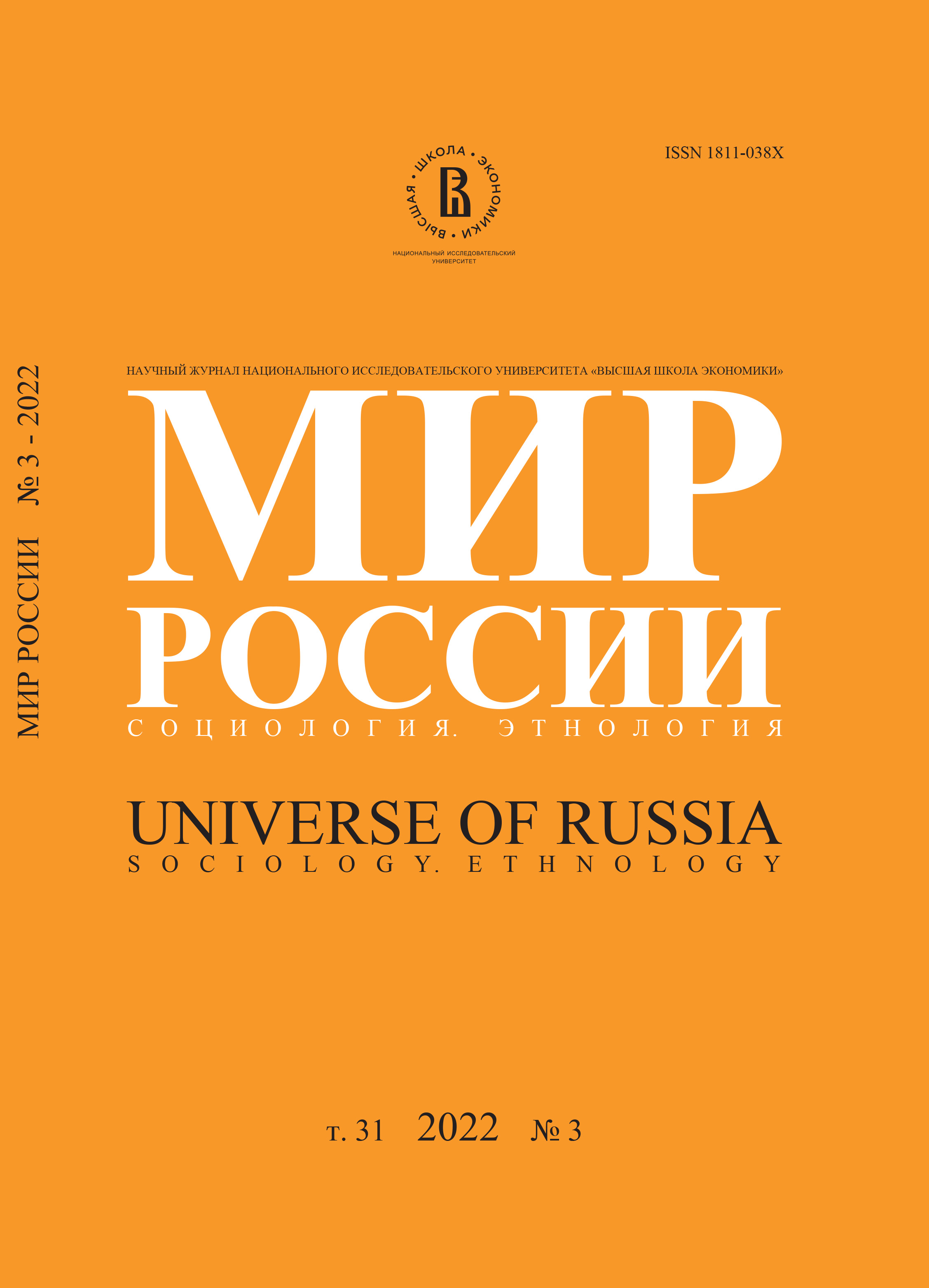The Features of Young Rural Doctors’ Motivation during COVID-19
Abstract
The nature of the work of doctors in rural areas is highly specific. A single doctor from a paramedic, midwifery or outpatient clinic has to serve several villages, which can be separated from each other by a distance of ten kilometers or more. For medical professionals, in particular doctors, the strain of the pandemic was associated with a greater workload and the need to restructure their usual daily routine and quickly master new professional skills, including getting used to working with a large number of patients. The article focuses on the motivating and demotivating factors in the work of rural doctors in this highly specific context. It identifies changes in the roles of medical professionals and, in particular, their demotivation to work with patients in rural areas. The changing roles are associated with the increasing agency of rural patients, that is, their ability to act and make informed choices, which is traditionally lower than the agency of urban patients. One of the motivating factors highlighted in the study is the professional growth of doctors through communication with colleagues, which created opportunities during the pandemic for young doctors to exchange experience, join the professional community, and solve pandemic-related problems.






